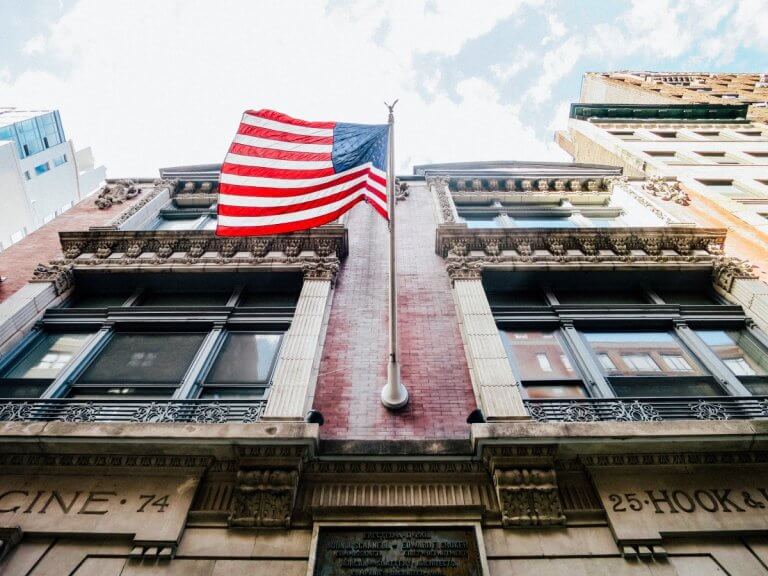
The US is reportedly mulling a plan to cap H-1B work visas issued to petitioners from countries with “data localisation” laws, Reuters reported last Wednesday citing three sources with knowledge of the matter.
According to the exclusive report, two senior Indian government officials said a cap of 10-15 percent of the annual quota could be imposed on Indians.
The State Department denied this, saying: “The Trump Administration has no plans to place caps on H-1B work visas for nations that force foreign companies to store data locally.”
While the US’s “Buy American Hire American” executive order calls for a broad review of US worker visa programs, including the H-1B program, it was not targeted at a specific country, the spokeswoman said.
It is “completely separate from our ongoing discussions with India about the importance of ensuring the free flow of data across borders,” the spokeswoman added.
Data localisation blowback: #US threatens #India it will cap H1B visas for Indians at 10-15% of 85,000 H1B issued annually. Currently, India gets 70% of annual H1B. https://t.co/tVkRw4MSDq
— Kanchan Gupta (@KanchanGupta) June 19, 2019
The H-1B is a popular visa programme for US companies to hire international students and foreign-born workers with specialist knowledge and a bachelor’s degree or higher. It is valid for six years and can be renewed if the visa-holder is in the midst of applying for permanent residency in the US.
Congress caps such visas to 65,000 per year plus an additional 20,000 H-1B visas per year for foreigners who have a graduate degree from a US academic institution. Following a rule issued last year by the Department of Homeland Security, the latter group with US graduate degrees will now be prioritised.
Under the Trump Administration, the popular visa programme has faced an onslaught of restrictions.
Already based on chance due to its lottery selection system, the programme was further tightened with more rules, such as requesting petitioners to provide more documentary proof, increasing inspections and reversing the Obama-era rule that once let students’ spouses work legally in the US.
In recent weeks, while the US-China trade war dominated headlines, similar tensions are occurring between the US and India too. Washington has scrapped trade privileges under the Generalized System of Preferences (GSP) for India from June 5. Last week, India retaliated by imposing higher retaliatory tariffs on 28 US products including almonds, apples and walnuts.
The reported new caps on the H-1B is the latest in this dispute. Currently, the US does not place any country-specific limit on the H-1B visas issued annually. Together with China, Indians made up for 82 percent of H-1B visas issued in 2016.
U.S. has no plans to cap H-1B work visa program: State Department https://t.co/AYNhCWcNVA pic.twitter.com/DeeoeSd2Dt
— Reuters Top News (@Reuters) June 21, 2019
According to another Washington-based industry source, the capping is said to be in response to the global data storage rules, in which some countries require companies to store the personal data of a country’s citizens on servers located in that country. India is one of them – last year, its central bank, the Reserve Bank of India, irked foreign technology companies when it mandated foreign payment firms must store their payments data only in India to allow supervision.
“The proposal is that any country that does data localisation, then it (H-1B visas) would be limited to about 15 percent of the quota. It’s being discussed internally in the US government,” the person said.
Liked this? Then you’ll love…
What you should know about H-1B Premium Processing in the US
H-1B alternatives: Take your talent to these countries instead







